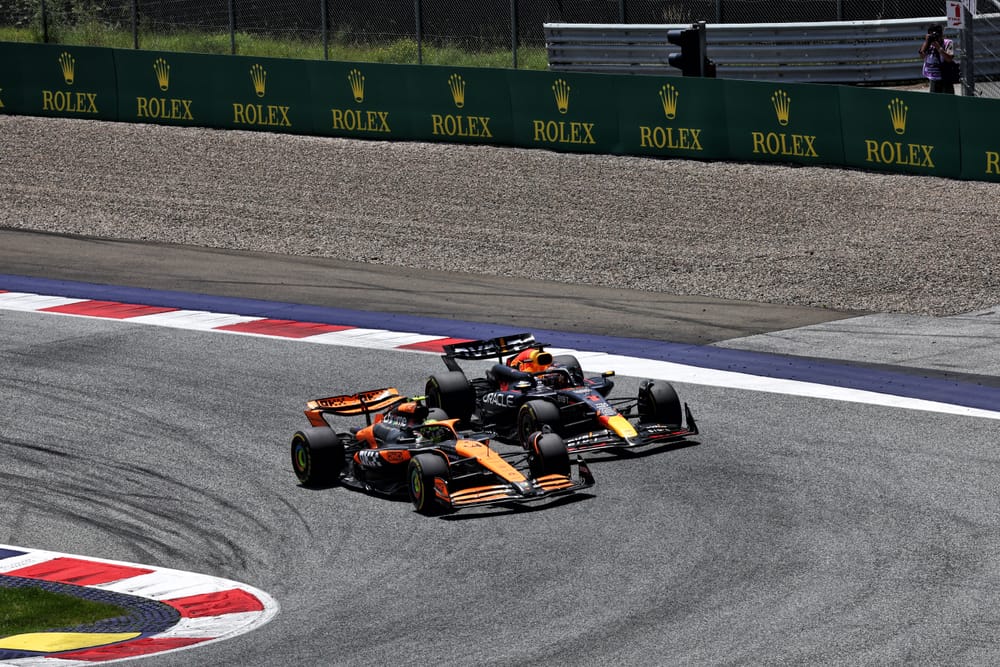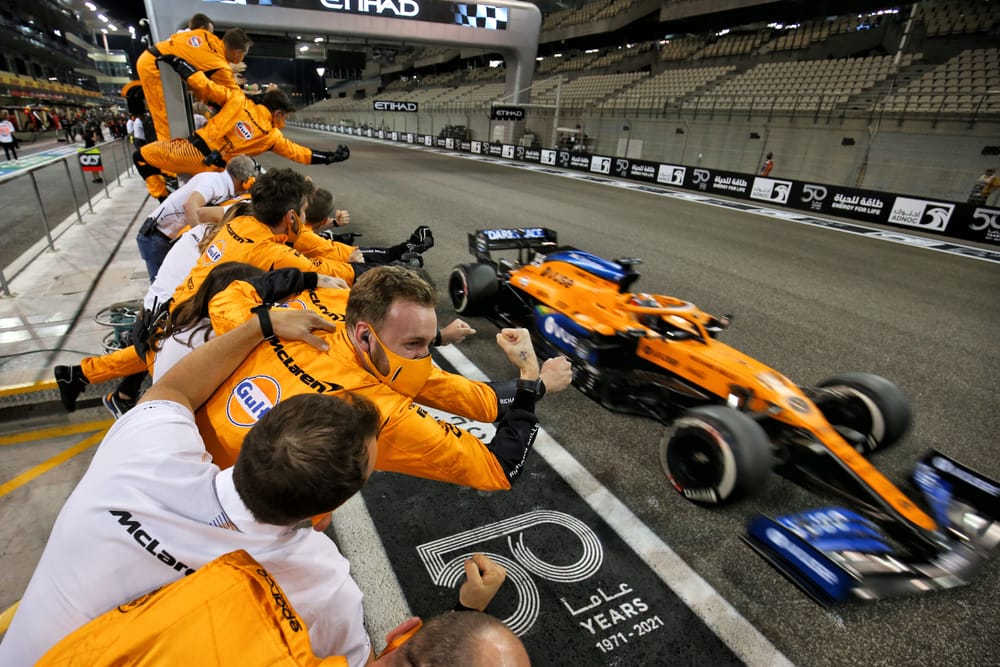Up Next

If McLaren and Lando Norris want to repeat the team’s Formula 1 constructors’ title success in 2025, let alone put Norris in real championship contention himself, there are mistakes they cannot afford to repeat.
With one world championship won and another surprisingly within reach given how 2024 started, McLaren could clearly do worse than make this year a reprisal of last season.
But it did not clinch its first constructors’ title since 1998 by settling and thinking ‘good enough’ is good enough. That is not how team principal Andrea Stella has got McLaren firing again.
“It's been incredibly useful as a season to elevate our standards, to compete and sustain the quest in the championship,” Stella told The Race late last year.
“And I think I identify all these opportunities, because ultimately we compare ourselves just against what is perfect.
“So, immediately you find a lot of things that you can improve.”
Stella thinks F1 is in an “unprecedented” situation with four teams proving themselves capable of the level of performance that is a prerequisite for a title challenge. That demands a step from McLaren, which only got half the job done in 2024.
Between clashes with Max Verstappen, his own error, McLaren's misjudgements, and just the kinds of things that do go wrong at some point over a 24-race season, Norris shipped well over 100 points last year.
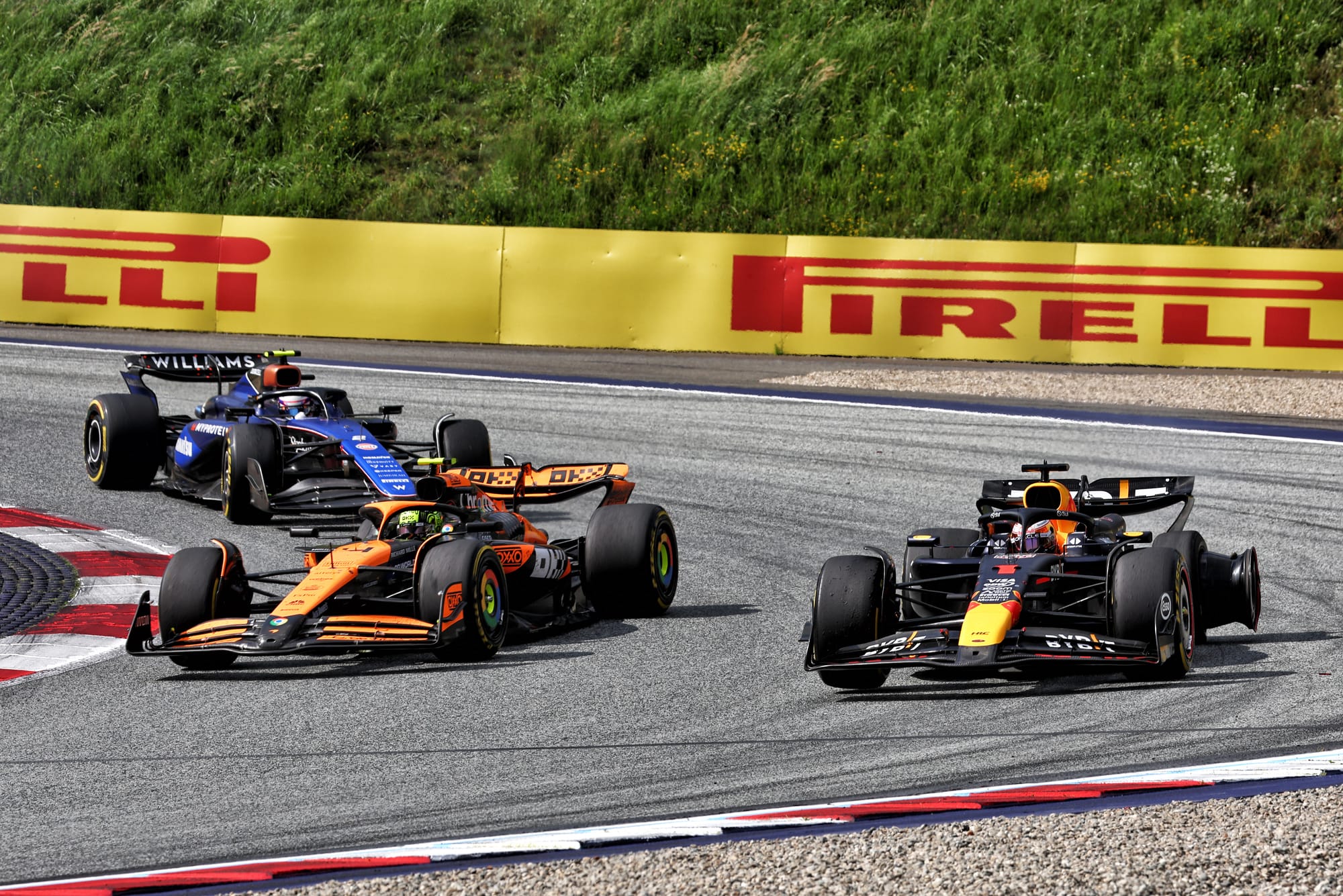
It cost him a real title shot, and as McLaren only won the constructors’ championship by 14 points a repeat, such profligacy may have a bigger price this year.
Perfection may be an unachievable goal but as Stella says, it is the necessary reference. And there are many areas in which Norris and McLaren were not perfect.
STRATEGIC HESITANCE
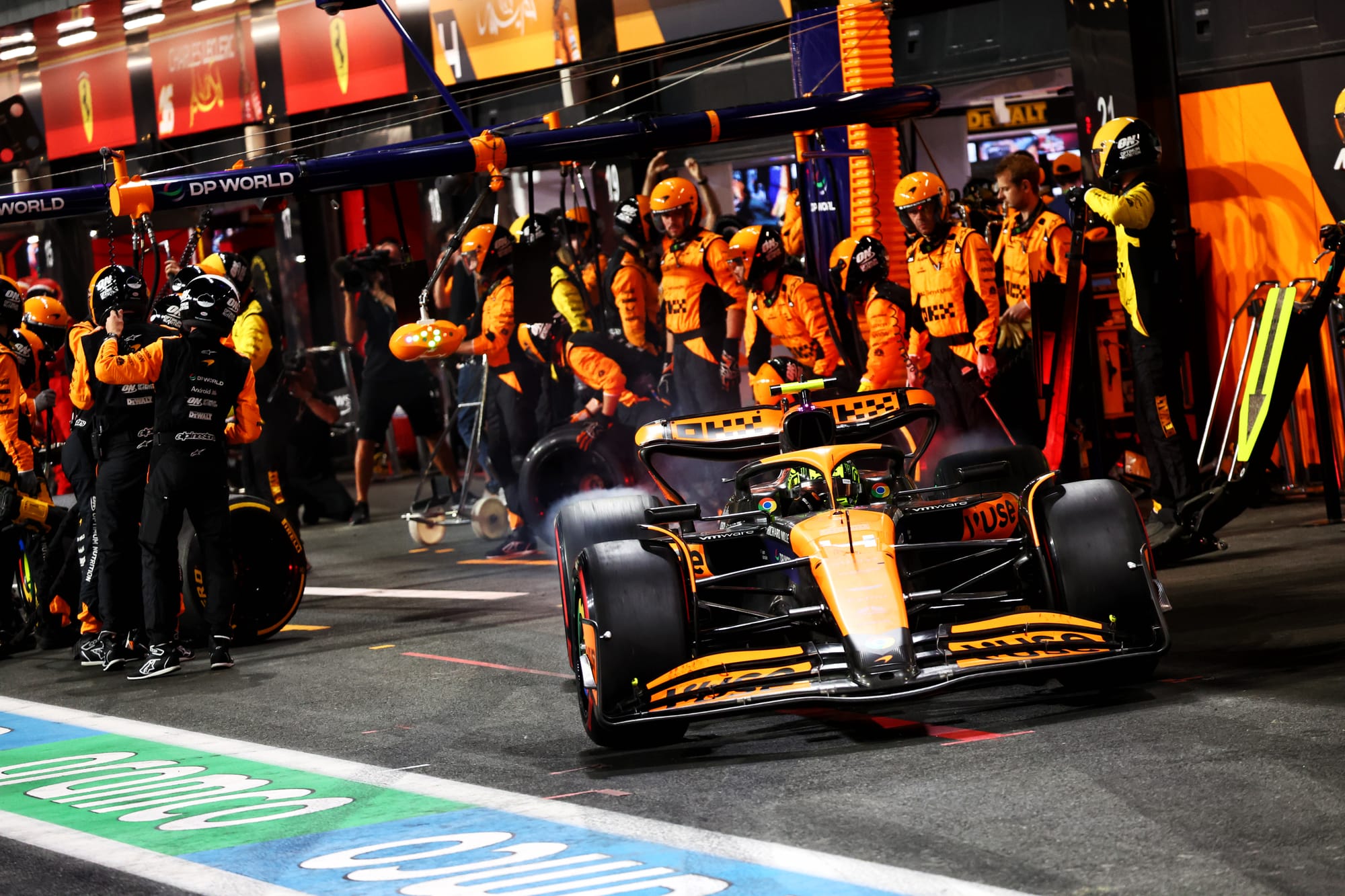
Modern McLaren was in uncharted territory in 2024. It had been out of contention for grand prix wins for a very long time with precious few exceptions across 2023 and 2021.
The notion that rust might set in at a team, which is constantly evolving in terms of personnel, culture, structure and so on, is a little simplistic. But F1 standards can certainly move beyond a team that stands still. And there’s a certain sharpness that can only really be achieved by regularly being at the front.
“There’s many new situations that we needed to adapt to,” Stella admitted.
McLaren suffered for that at times. No team has a perfect season strategically so minor missteps like the Saudi Arabia strategy that didn’t quite work out and cost Norris a few points, can happen. Most notably, though, it lost very achievable victories in Canada and Britain.
These races exposed a weakness in McLaren’s strategy planning and communication in mixed conditions, when a little bit of chaos interrupted proceedings. In straightforward, steady-state conditions, McLaren’s team was capable of not just winning but dominating (and in the case of Abu Dhabi, pulling out the fastest pitstop of the race with a title on the line).
Pressure wasn’t really an Achilles heel. Quick thinking in a little bit of chaos was.
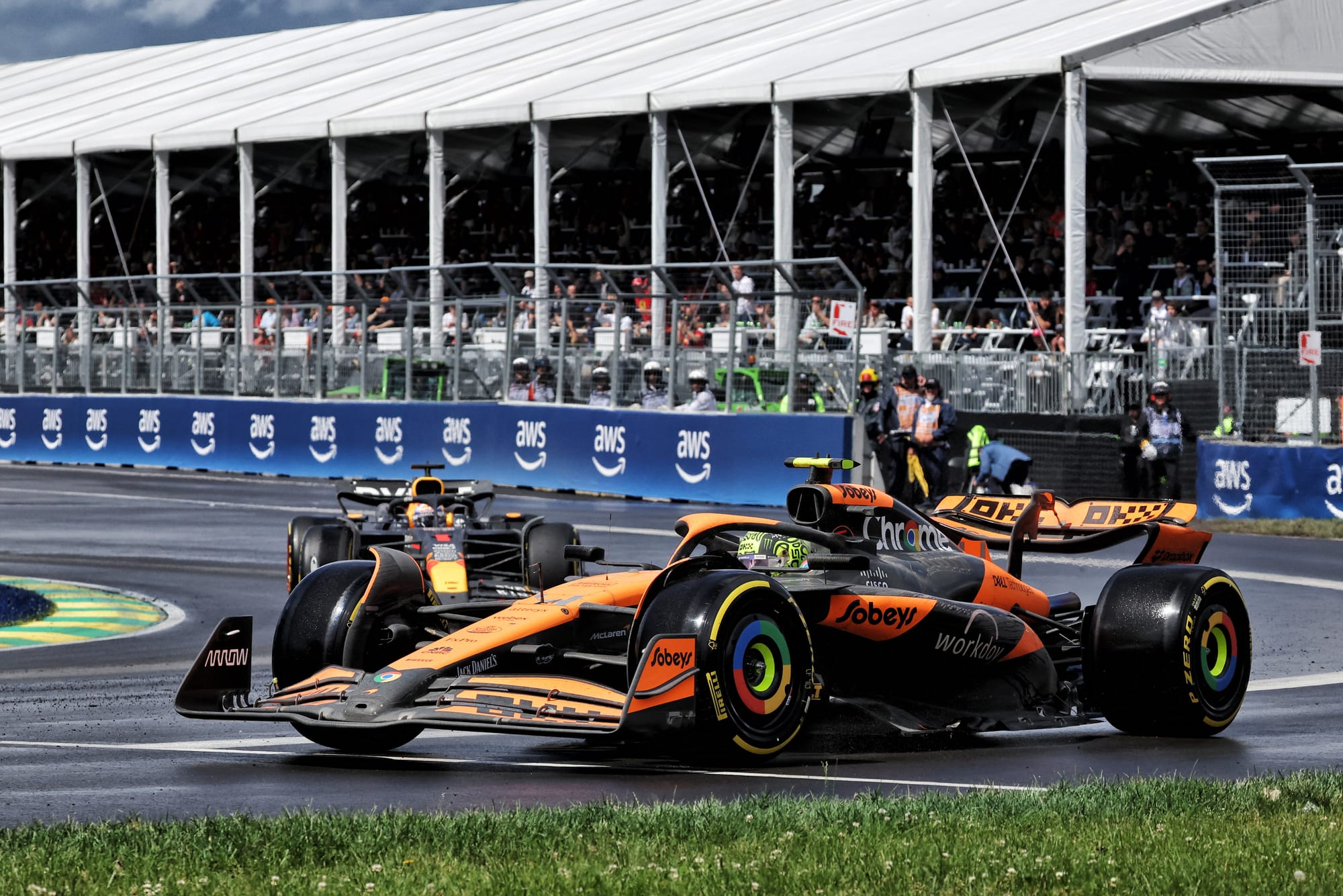
“We do have a strong ambition to compare ourselves, and take the discomfort of comparing ourselves, against what should be perfect, and if we do so, definitely, we highlight many opportunities,” said Stella.
“Canada is one. We should have pitted with Lando and because of a communication delay, we didn't pit, and we lost the lead during the safety car.
“Or in Silverstone, where we could have easily fit the medium tyres, and we were on the used soft.”
The upside is that these missteps still resulted in podium finishes and it was the absence of many great point-loss catastrophes that made McLaren such a strong constructors’ championship contender as the year went on. And Stella believes it was on the right trajectory through the year.
“Every time, like our adaptations after Canada, when we missed the call to pit Lando, I can see that the team operates in a more robust way,” he said.
GETTING PUSHED AROUND BY MAX
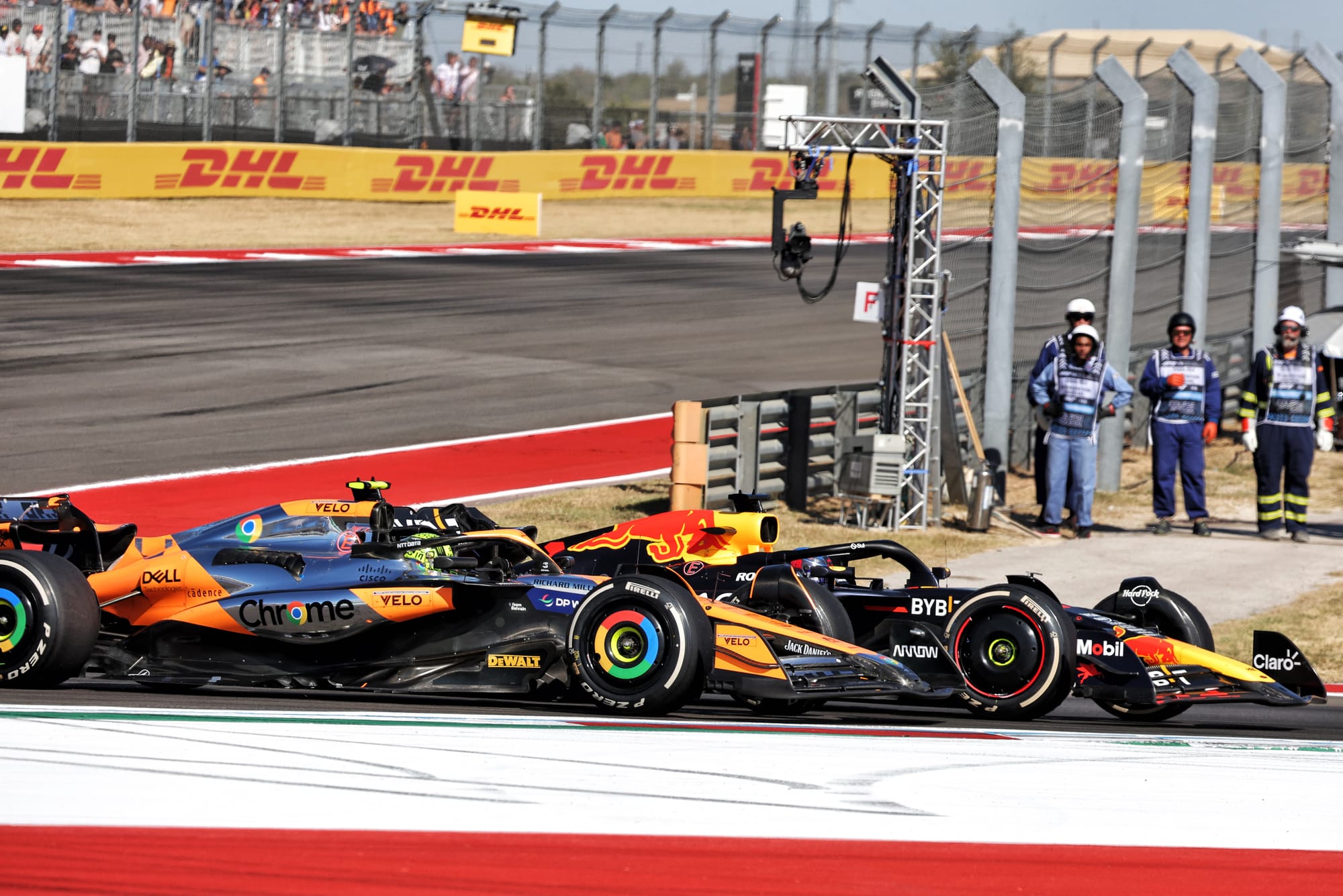
The most prominent focal point for Norris in the second half of last year was his run-ins with Verstappen on-track, and the sense that he was being pushed around too easily.
He got suckered into moves that went too far in Austria and, controversially, in the United States. Norris also showed a little defensive frailty in 2024. Stella praises Norris for how he learned from Austria and applied it to a battle with Verstappen in Azerbaijan – but then Norris let himself down with the open door he left Verstappen at the start in the US.
Norris found a way to stand his ground in his own way a week later in Mexico, though, and it paid off. Verstappen was rattled, earned himself two penalties instead of one as a result, and lost points.
That is the way Norris needs to race from the start this year and he will have the benefit of being on more even ground. Last year Verstappen was solely motivated by his own aspirations as Red Bull’s constructors’ bid went from controlled to wobbly to demolished. Norris still had to factor in McLaren’s ambition.
This will still be a factor in 2025 but it won’t be as lop-sided as it was when Norris was also chasing ground in the drivers’ championship. The double whammy of Verstappen having a healthy advantage and not caring in the same way if he cost Red Bull points was a big psychological edge – and translated into as many as 28 points lost by Norris across Austria, the US and Mexico (where he beat Verstappen but was arguably delayed enough by his antics to lose out on victory).
Building on the capacity he showed to up his game against Verstappen will be crucial to Norris taking another step in 2025 and beating Verstappen if they end up in a straight fight.
TEAM ORDER VAGUENESS
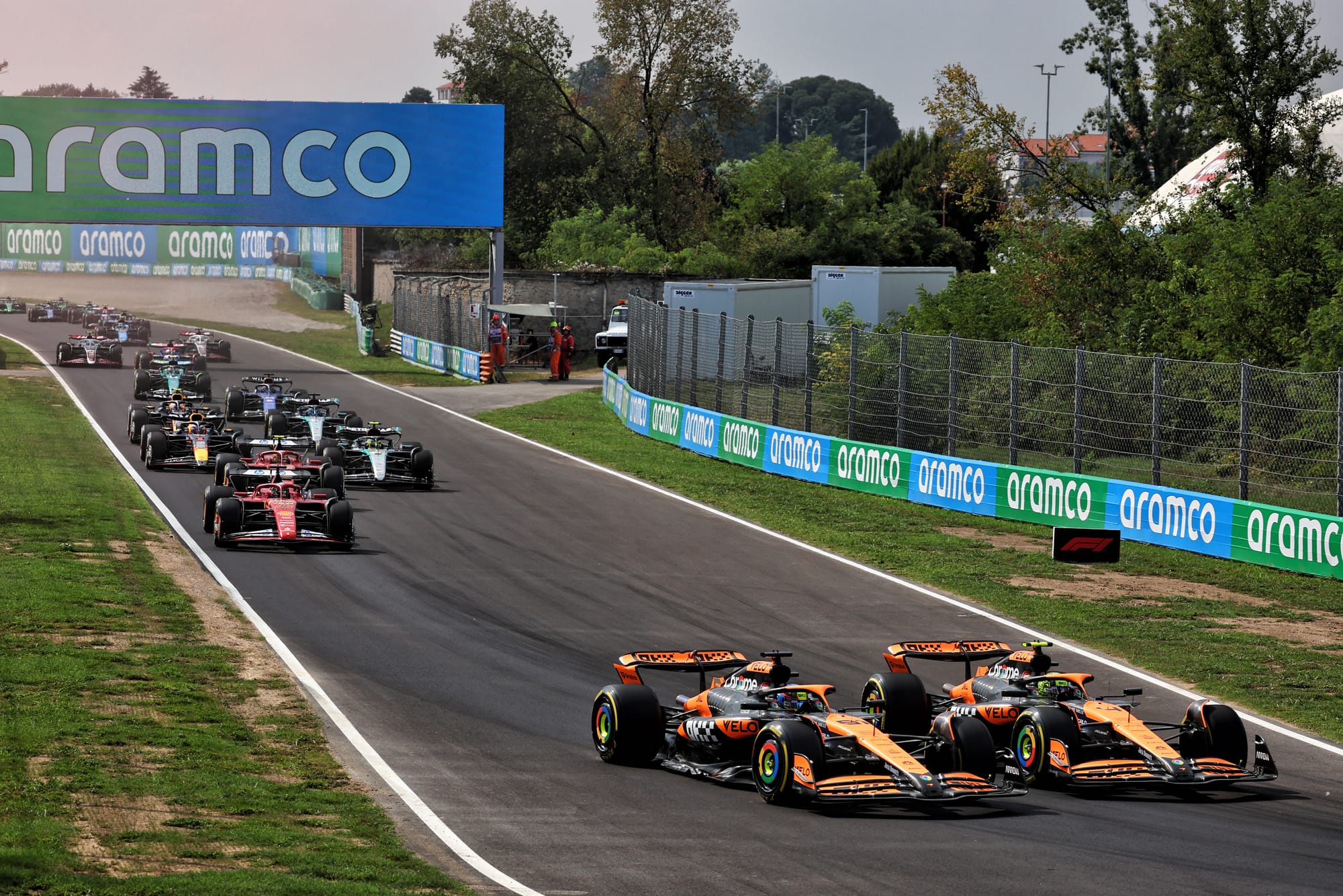
Despite becoming a massive talking point in mid-season, McLaren’s stance on team orders cost Norris precious little and was never likely to be a determining factor in his supposed title bid.
It could have turned podiums into victories in Hungary and Italy, of course. And the total ambivalence teams and drivers have to sprint races make Oscar Piastri ceding the Saturday win in Brazil (and Norris going rogue in returning the favour with no margin for error in Qatar!) a caveated tally in the team orders ‘win’ column.
But McLaren’s aversion to favouring a driver need not change in 2025. What must be different is the vagueness with which it communicated some instructions, and caused itself unnecessary difficulties.
Confusing, passive language made an obvious contribution to Norris dragging out accepting the order to give the lead back to Piastri in Hungary. And the imprecise way McLaren set out its stall in Italy meant that Norris thought he would be under no threat from Piastri into the second chicane whereas Piastri thought a lunge was fair game as long as he didn’t make contact.
These flashpoints caused public headaches and cost McLaren points. But the team recognised this, so it would be surprising if such self-inflicted problems reoccurred in 2025.
MISJUDGEMENTS WITH BIG COST
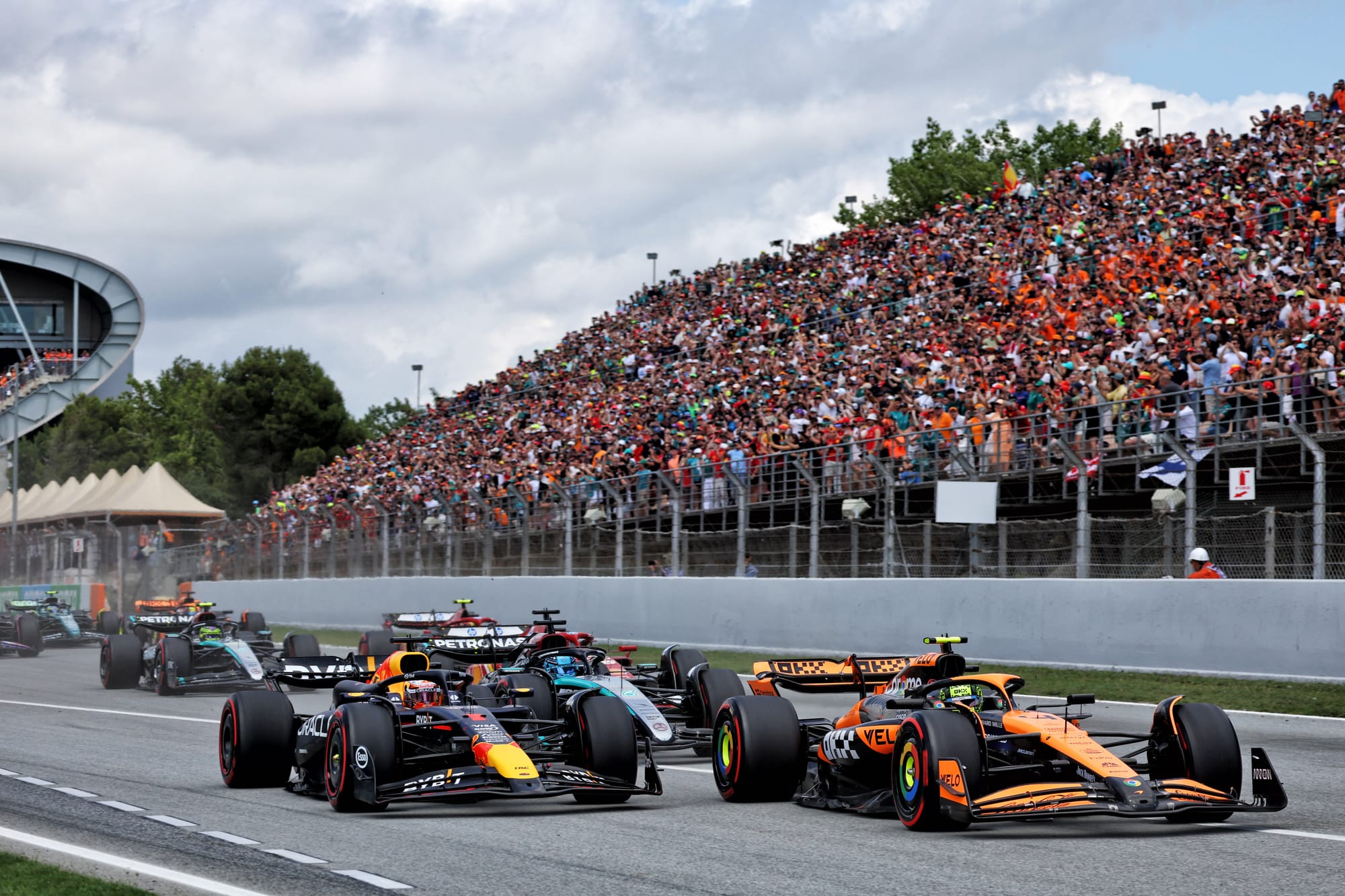
Various dropped points in 2024 can be traced to relatively small errors, misjudgements, inefficiencies or imperfections that then had big costs.
An obvious example are starts. Norris lost ground in Spain, Hungary and the Netherlands in different launch phases. Barcelona seemed to be his doing (although McLaren still had him in the top five starters on the day), at the Hungaroring a small glitch shifting to second gear was costly, and at Zandvoort both McLarens got away poorly which suggested a misjudgement in the start mapping for the available grip.
The problem was that all three times it cost track position. Only at Zandvoort was the pace advantage so significant that Norris could make amends with ease. That can’t be counted on this year. There might be more races like Spa, where Norris had a poor getaway that he compounded with a needless error through Turn 1 and ran wide on the exit, losing positions and finding himself stuck and frustrated in the grand prix.
Sometimes, circumstances will just go against you, like the horribly timed yellow flag in Azerbaijan qualifying that meant Norris was eliminated in Q1 (Piastri won the race the next day). That can’t be helped. Sometimes, conditions just won’t suit the car, or race situations will swing another way (Brazil’s a good example of both, with Norris and Piastri struggling with brake locking – a contributor to Norris fluffing his lines at a restart after a safety car/red flag that was terrible for Norris and perfect for Verstappen).
The challenge is to control as many variables as possible. And McLaren, generally, did this quite well in 2024. Stella’s summary of why he was so satisfied with the job his team and drivers did last year is that “the drivers have delivered in a very solid way, and the team have delivered in a very solid way – with some things that we could have done better, but none of them being a catastrophic loss of points”.
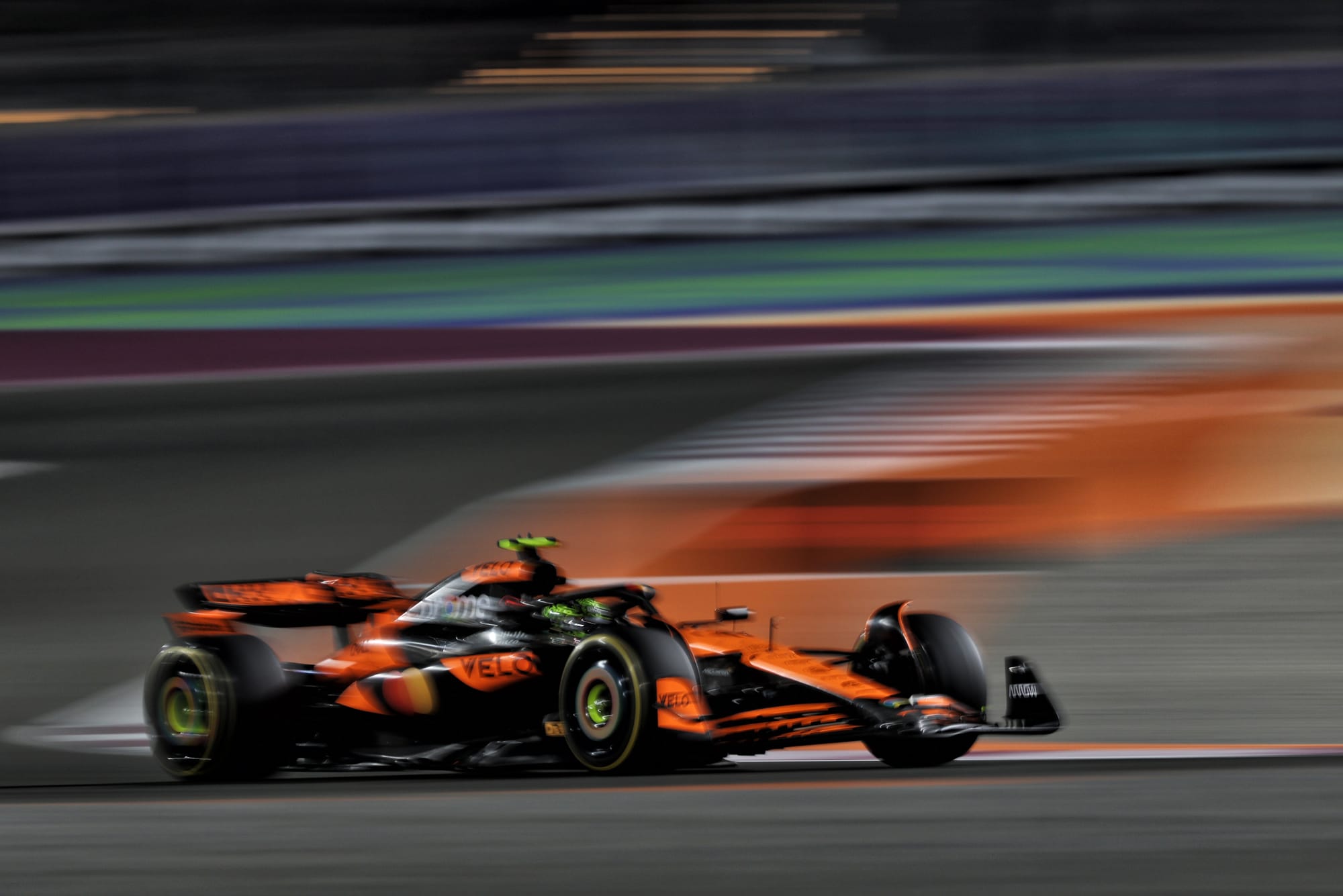
The only exception would probably be Qatar, when Norris carelessly missing a yellow flag turned a guaranteed podium and possible win into 10th.
The good news for McLaren and Norris is that both team and driver know that, at their peak, they are capable of beating the best. Their task in 2025 is to do it more often, against "four teams that operate at world championship level", according to Stella.
“It doesn't mean being perfect, but means that they can win the championship," he said.
“In my view, the only way to stay in this group is to actually raise the bar. This is something I keep saying internally, ‘if you think you are good enough now, reality is gonna hit you in a painful way’.
“It's all about elevating our standards and trying to maintain this upward trajectory. It cannot be flat.”


